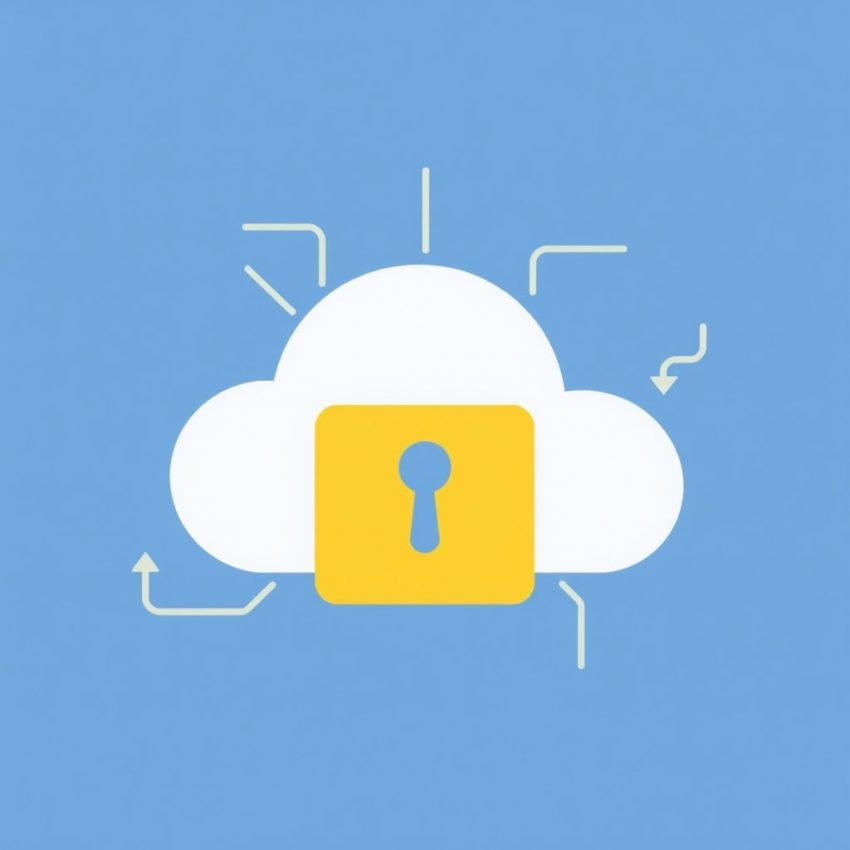GCP Cloud Composer Bug: A Malicious PyPI Package Nightmare
A recently disclosed vulnerability in Google Cloud Platform's (GCP) Cloud Composer allowed attackers to potentially escalate privileges by exploiting malicious PyPI (Python Package Index) packages. This blog post delves into the details of the bug, its implications, and the crucial steps you need to take to secure your Cloud Composer environments.
What was the vulnerability?
The vulnerability stemmed from how Cloud Composer handled dependencies within its managed Python environments. Specifically, certain configurations allowed users with lower permissions to modify the
requirements.txt
file, which dictates the Python packages installed in the environment. This meant that a malicious actor could insert a dependency on a malicious PyPI package crafted to escalate privileges or exfiltrate sensitive data. Essentially, by manipulating the environment's dependencies, an attacker could gain access they weren't authorized to have.
Why is this a serious issue?
Cloud Composer is a managed Apache Airflow service, frequently used for orchestrating complex data pipelines and workflows. Compromising a Cloud Composer environment could have severe consequences, including:
- Data breaches: Attackers could gain access to sensitive data processed by the workflows.
- Resource hijacking: The compromised environment could be used to mine cryptocurrency or launch attacks against other systems.
- Disruption of business operations: Malicious code could disrupt critical data pipelines, impacting business processes.
Who was affected?
The vulnerability affected Cloud Composer environments where users had write access to the
requirements.txt
file but lacked broader permissions. This specific configuration, while not the default, is utilized in some setups for managing dependencies within teams.
What has Google done?
Google has addressed the vulnerability and released a patch. They have also provided guidance on how to secure your Cloud Composer environments.
What should you do?
It's crucial to take immediate action to protect your Cloud Composer environments:
- Update your Cloud Composer environments: Ensure your environments are running the latest patched version.
- Review access controls: Carefully examine the permissions granted to users interacting with your Cloud Composer environments. Restrict write access to the
requirements.txtfile to only those who absolutely need it. Consider employing the principle of least privilege, granting only the minimum necessary permissions. - Implement strong dependency management: Use private PyPI repositories whenever possible. This provides greater control over the packages installed in your environments.
- Regularly audit your dependencies: Utilize tools to scan your
requirements.txtfiles for known vulnerabilities and outdated packages. - Enable security logging and monitoring: Closely monitor your Cloud Composer environments for suspicious activity. Configure appropriate logging and alerting to detect potential compromises.
- Stay informed: Keep abreast of security advisories and updates from Google Cloud Platform.
Key takeaways:
This incident highlights the importance of robust security practices, even within managed cloud services. Regularly reviewing access controls, implementing strong dependency management, and staying informed about potential vulnerabilities are crucial for protecting your cloud infrastructure. While Google has addressed this specific vulnerability, it serves as a reminder that vigilance is paramount in the ever-evolving landscape of cloud security. By taking the steps outlined above, you can significantly reduce the risk of similar attacks impacting your Cloud Composer environments.
Don’t miss out on this exclusive deal, specially curated for our readers! Unlock the power of advanced crypto trading with Bitfinex
This page includes affiliate links. If you make a qualifying purchase through these links, I may earn a commission at no extra cost to you. For more details, please refer to the disclaimer page. disclaimer page.

